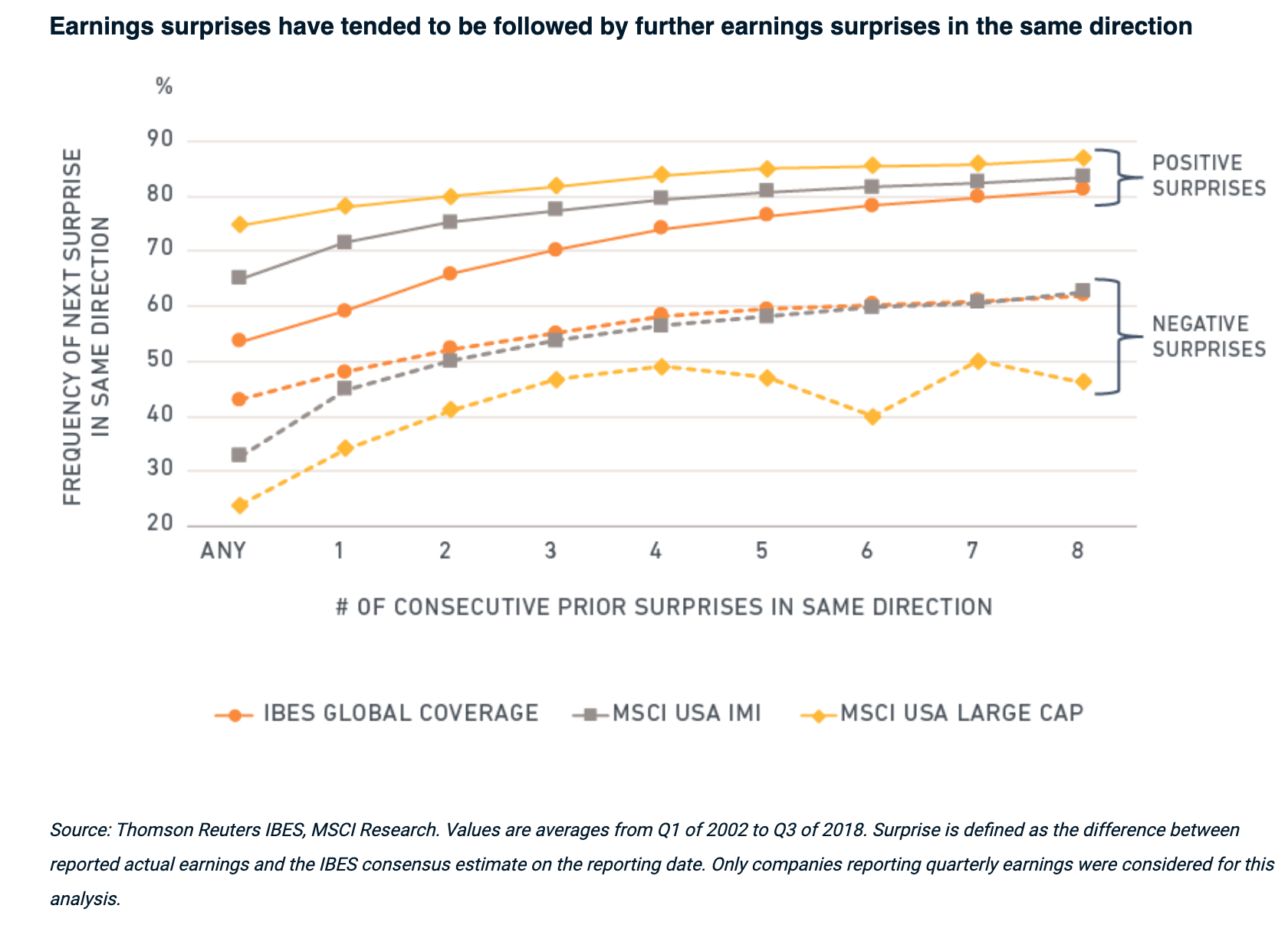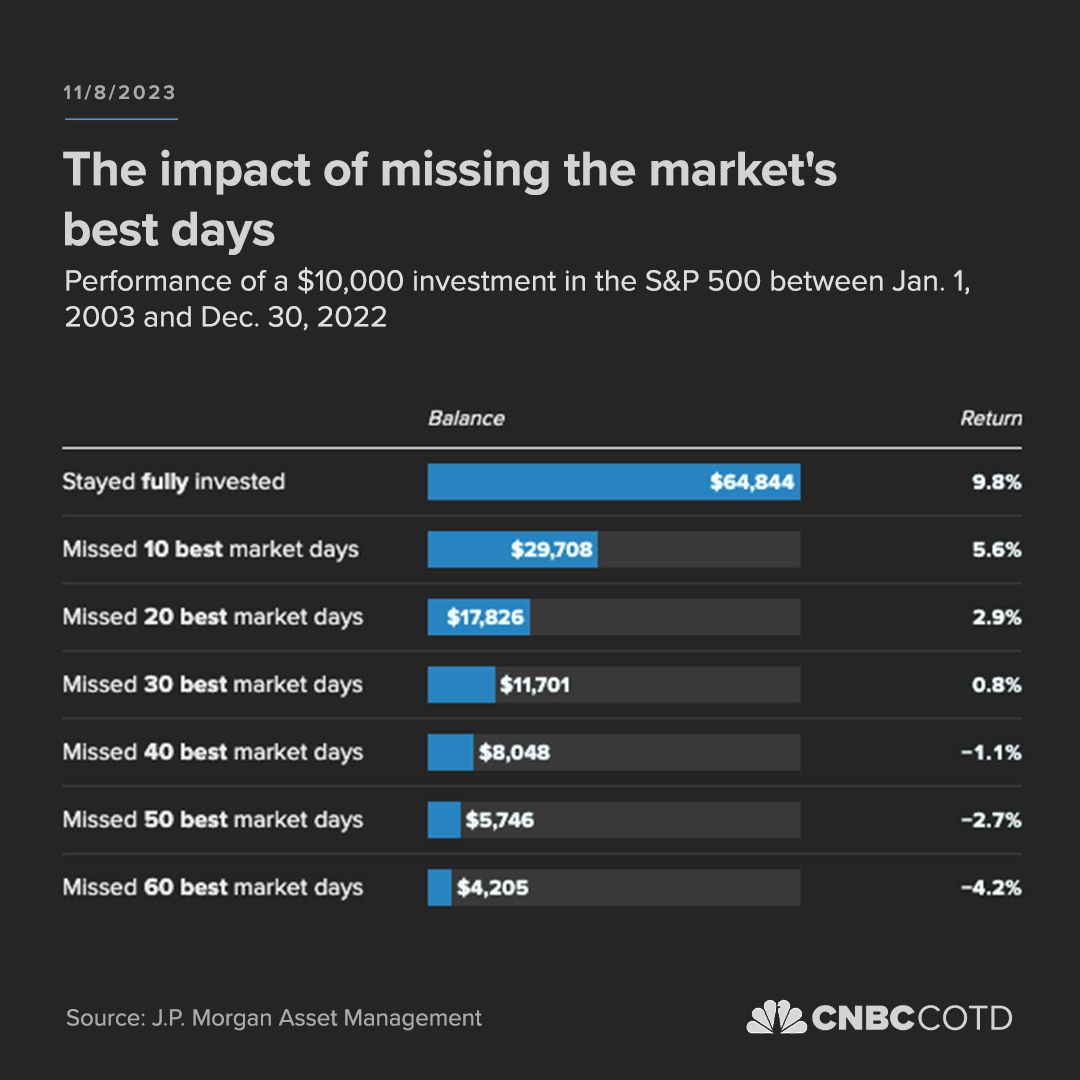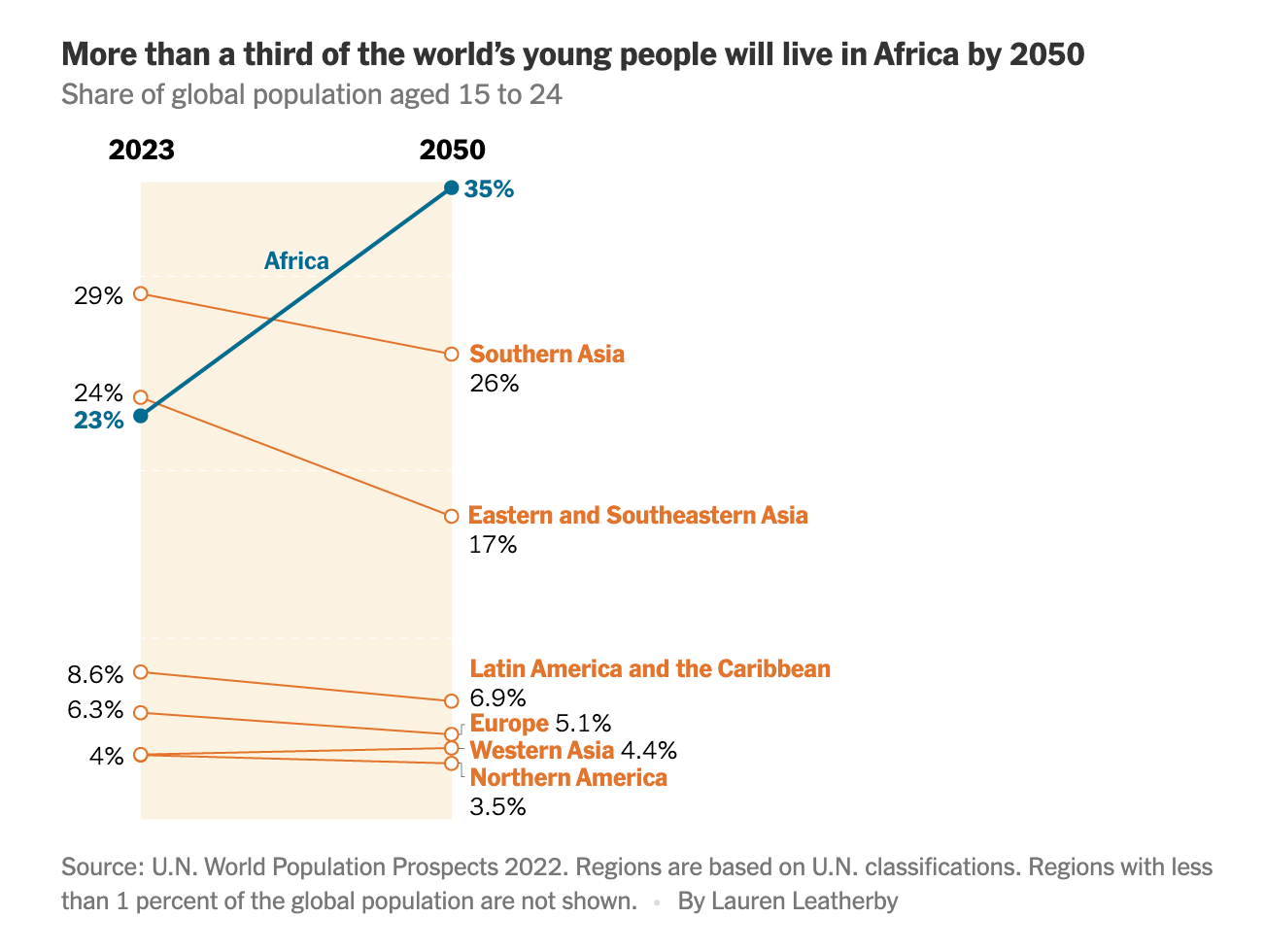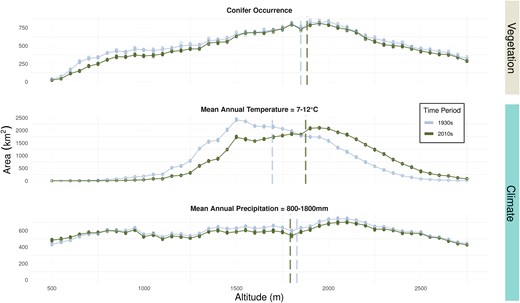1/ I enjoy working on this project and appreciate all the generous support I have received. Consider becoming a supporter, if you're not already.
2/ Know someone who might like to read this? Share it with them via the links at the bottom of the post.
3/ I'm trying an experiment with adding an audio version to posts. You can see it on desktop or in mobile, but not in emails.
01. How We Should Think About Surprises, But Don't
“You met me at a very strange time in my life.”
― Chuck Palahniuk, Fight Club
While buildings aren't (yet) collapsing around us, as happens towards the end of the movie version of Fight Club, it is ... strange out there. Things are flipping, like binary digits, systems oscillating between semi-stable states.
The scientific term for this sort of shifting between semi-stable states is "flickering". In a recent piece for the Guardian, columnist George Monbiot summarized how "precursor signals" are becoming better understood in complex systems, and flickering is one of the main examples.

Here is an example outside of ecology. This week we found out that quiet quitting (employees mentally checking out), one of the over-favorited economic trends of the last few years hadn't merely abated but had flipped: Companies are now struggling with noisy staying: they can't convince over-eager employees to leave. The speed of the transition has been remarkable.
Another reversal example came recently in an NYT piece about how slowly, and now all at once, illustrators and graphical artists are losing clients to generative AI. These art-generating systems are trained on their work or that of their peers, making it a blackly ironic moment: training one's own replacement, even if one wasn't there to do the training.
But there is another aspect to this change, one that doesn't get enough attention. The arrival of AI technology has been predicted for years and years, in particular in the science fiction literature. There, at least in the less dystopian fiction, especially in the 1950s and onward, these smart technologies were thought to be ones that would liberate us from drudgery—even if it would be devastating for the under-classes whose jobs would be ruined.
It increasingly looks like that wasn't just wrong, but 180 degrees backward. A quote in that NYT piece that struck me:

This is a terrific if bleak insight, a mirror world reversal of what was supposed to happen, at least as predicted by sci-fi authors who were spending decades thinking about the eventual and inevitable rise of AI. While it was "supposed to" replace dull and routine work, with commensurate consequences, it is increasingly clear its widest immediate effects will be the over-classes who thought themselves safe. It's a kind of anti-Randian vision where the Roarks are the ones who are hit hardest by change. In embracing innovation, they are themselves destroyed.
Now, graphics artists and illustrators are not Randian characters in any real sense. They didn't sign up for this "innovation". But in some sense they did, as have we all: We unthinkingly embraced technologies for decades, never thinking about trajectories or implications, always sure that whatever comes next would be for the best, in this the best of all possible worlds (for technology advocates).
It is increasingly clear, however, that this was wrong. While many writers predicted dystopian outcomes, which may yet be in the cards, very few sci-fi writers, immersed in AI and its implications, considered the idea that the technology leaves the working classes alone but runs rampant through white-collar workers, as now seems likely.

More typical (even if not hard sci-fi) was novelist Kurt Vonnegut's first book, Player Piano from 1953. In it intelligent automation technologies had ripped through the economy, allowing factories to be run with just a few employees, but leaving an executive class of over-educated engineers, managers, and Ph.D.s running everything. Society split in half, physically and economically, and the over-class resented having to notice the rest.
“If it weren't for the people, the god-damn people" said Finnerty, "always getting tangled up in the machinery. If it weren't for them, the world would be an engineer's paradise.”
― Kurt Vonnegut, Player Piano
In Vonnegut's novel, the world was struggling to know what to do with working people, other than keep them out of sight and mind. Now, however, we have something increasingly approaching the reverse, where laptop warriors are holed up in their homes, hoping no one notices that they don't actually have anything to do, while contractors, gardeners, plumbers, and electricians do all the real work of keeping society functioning.
This reversal of fortunes is, of course, instructive. This is partly because it is always important to notice when consensus predictions don't pan out. It suggests we are in a system that we understand far less well than we thought we did. After all, we understood it well enough to think we could make broad predictions about a decades-away future, but we understood it so poorly that those predictions were not just wrong, but backward. "Wet streets cause rain", as writer Michael Crichton once described people who so misunderstand a system to get the causality flipped.
The other reason why reversals of prediction fortune are, or should be, instructive is that it is a surprise. And markets of all kinds are driven by surprises, by things that happen that are unexpected and out of consensus. In financial markets, if a company does better than expected then that is noteworthy. But if it does terrifically well, but that was what people had predicted, then no one cares. And surprises are generally followed by more surprises, which means that most surprising thing about being surprised once is that we are surprised again.

So now we have been surprised. Why? First. we understand labor systems under pressure from technology far less well than we thought we did. After all, we got the causality completely reversed. Second, we have been surprised, or at least should be, in that predictions turned out to be badly wrong. We should be much more humble about thinking we can predict where AI is taking us, updating our estimates of our predictive abilities in a fairly radical way so as not to be surprised again.
Are we, however? I see no signs of it. The developer day at OpenAI this week was like a cross between a kids' birthday party at Chuck E. Cheese—games, flashing lights, food, noise, and more food—and a religious revival. "I’m excited for us to build AGI together," Microsoft CEO Satya Nadella intoned cheerily on stage. Momentum and recent history suggest we should expect more such surprises ahead, including the potential for very large ones, and yet we clearly don't.
Let's close with another quote from Vonnegut's Player Piano, a cautionary one with more predictive power:
“Those who live by electronics, die by electronics. Sic semper tyrannis.”
― Kurt Vonnegut, Player Piano
02. Quick Hits
A few things that caught my attention recently:
- People get regular reminders of how hard it is to be an active investor, but few are as compelling as this sort of graphic showing how much missing just a few days in the markets halves (or more) returns.

- On how the world is becoming more African, with more than a third of the world's young people living in Africa by 2050. Of course, that also means. given the inevitable reversal, Africa will then flip to becoming the fastest-aging continent on earth.

- Declining growth in dementia cases and its relationship to cardiovascular disease. An aging society should be seeing even faster growth than it is, and the reason why it isn't speak volumes about the inadequacy of our models of aging.

- Sixfold Wegovy growth already this year, and just this week we had Eli Lilly getting expedited FDA approval for its block obesity-branded variant.

- One in five trees in California's Sierra Nevadas is now in a climatic zone for which it is no longer adapted. The only way to resolve it is rapid cooling, which cannot happen, and thus mass tree death is ahead.

- One day in the not-too-distant future this paper on mitochondrial defect clearance in C. elegans, or one like it, will be seen as being as pivotal as the Google transformers paper. There will be a before times, and an after times. Mitochondrial health advances are at a precipice.





